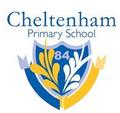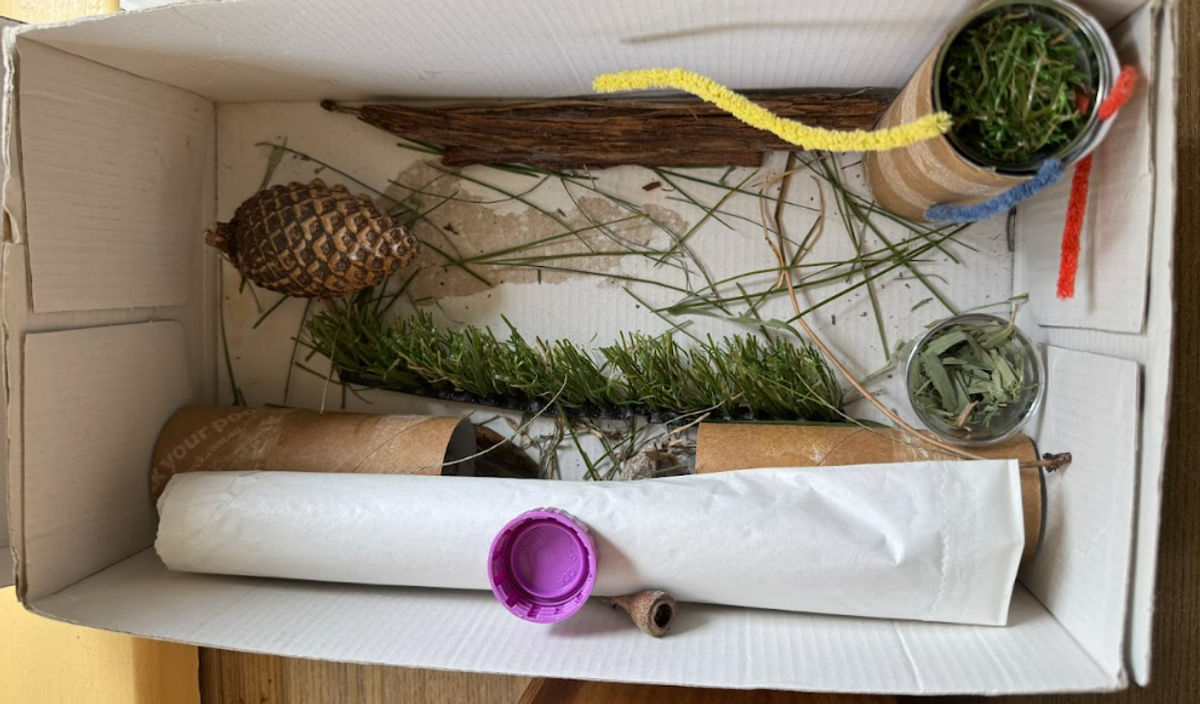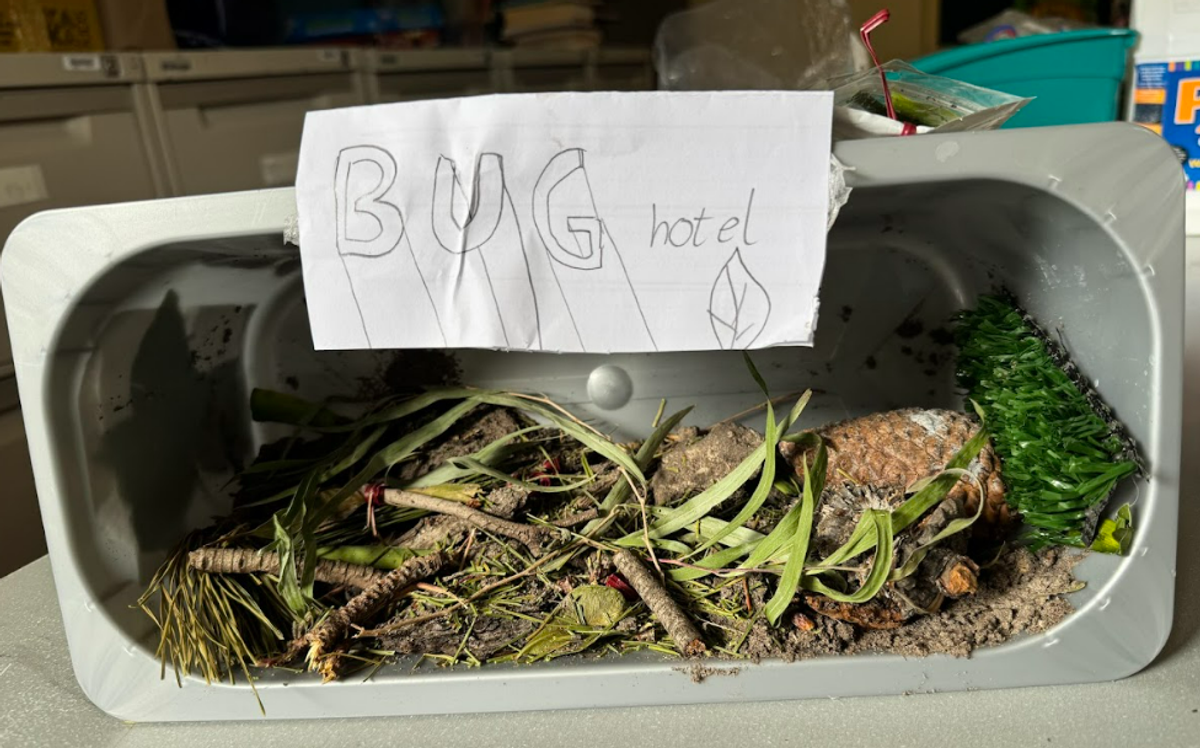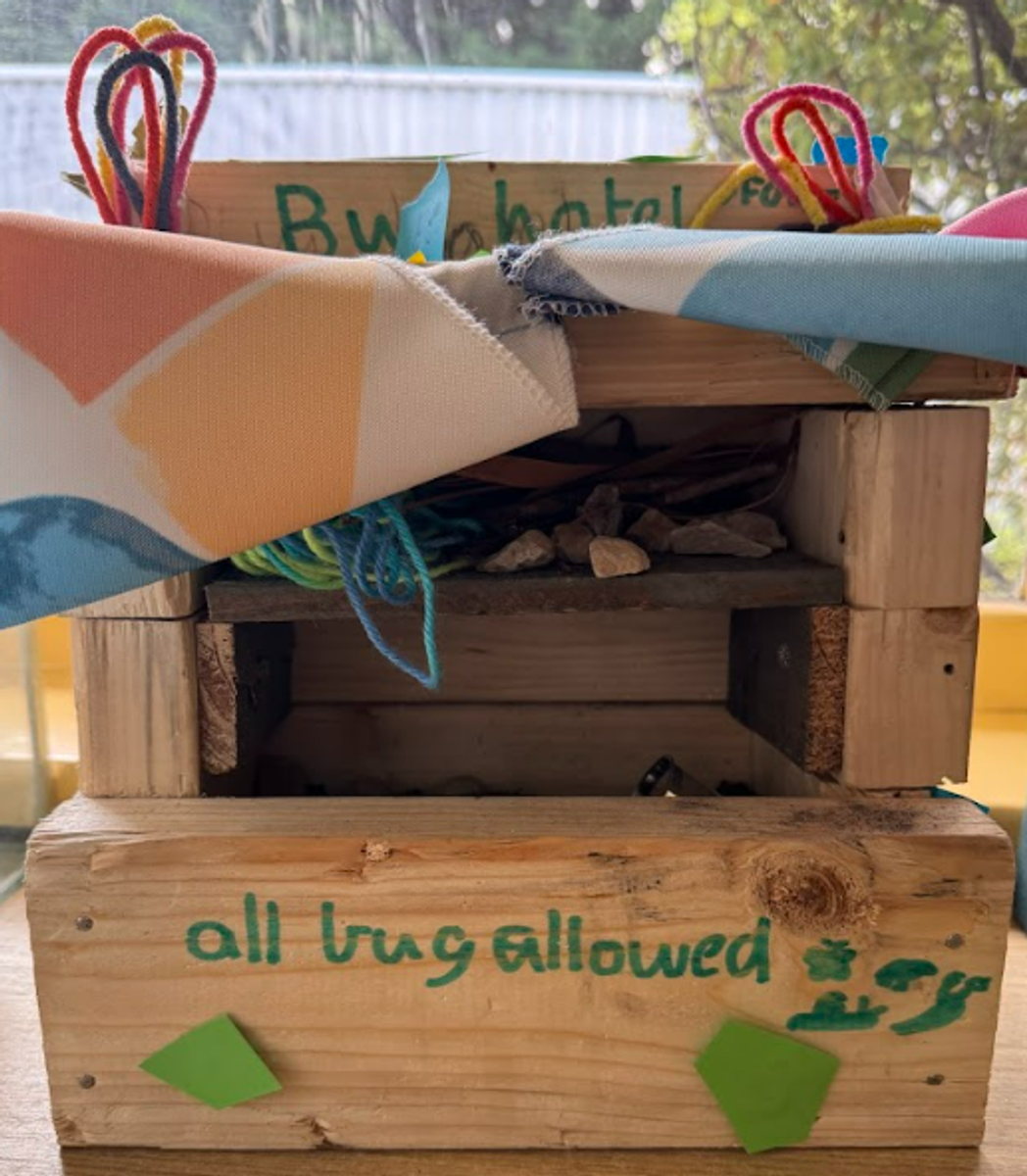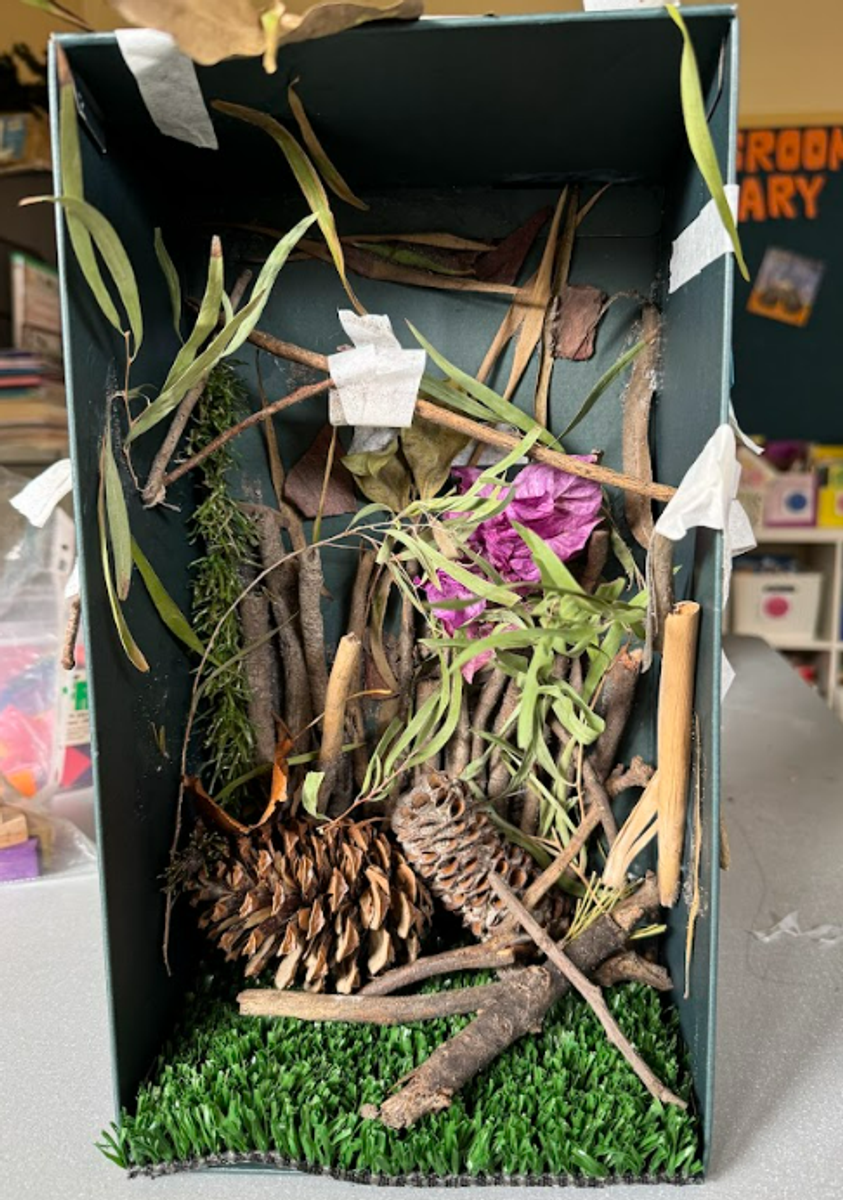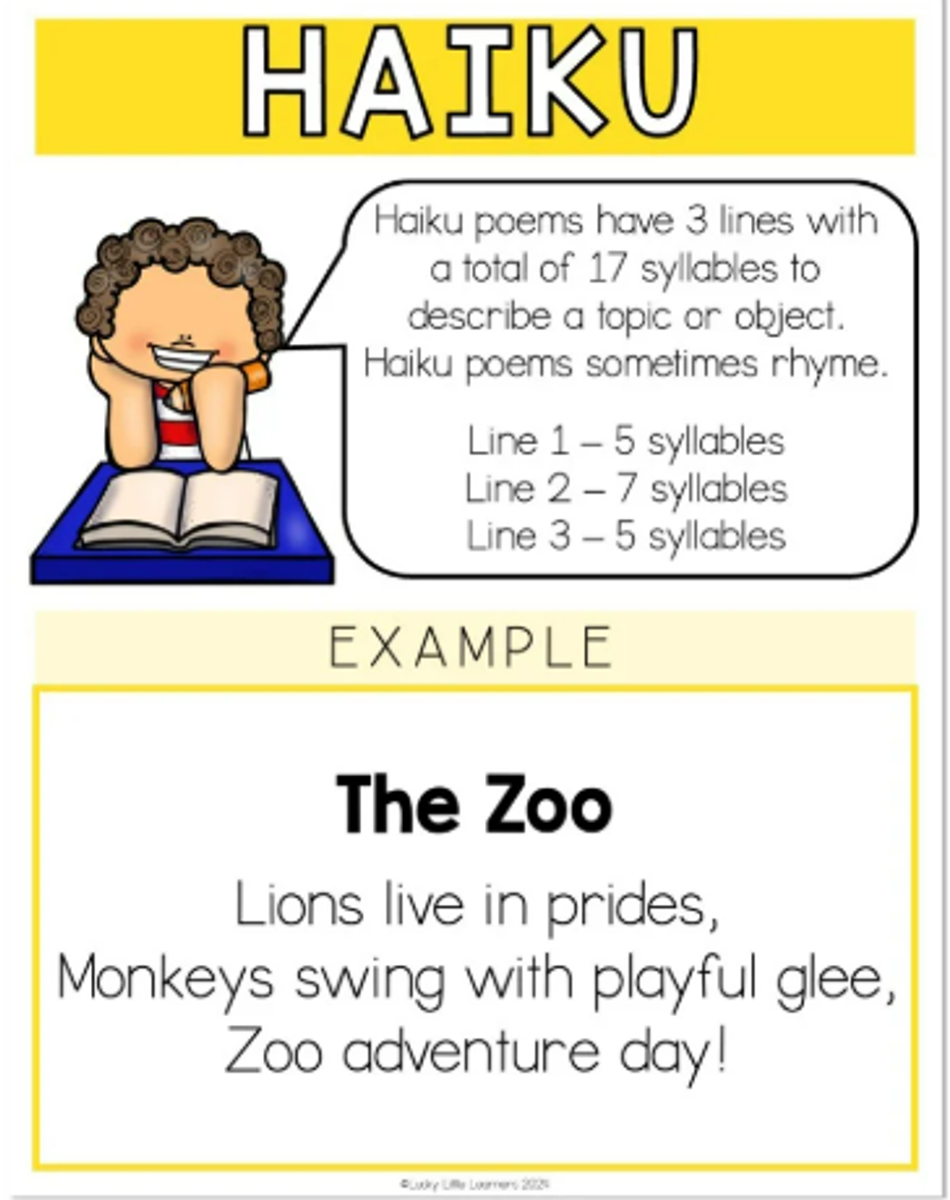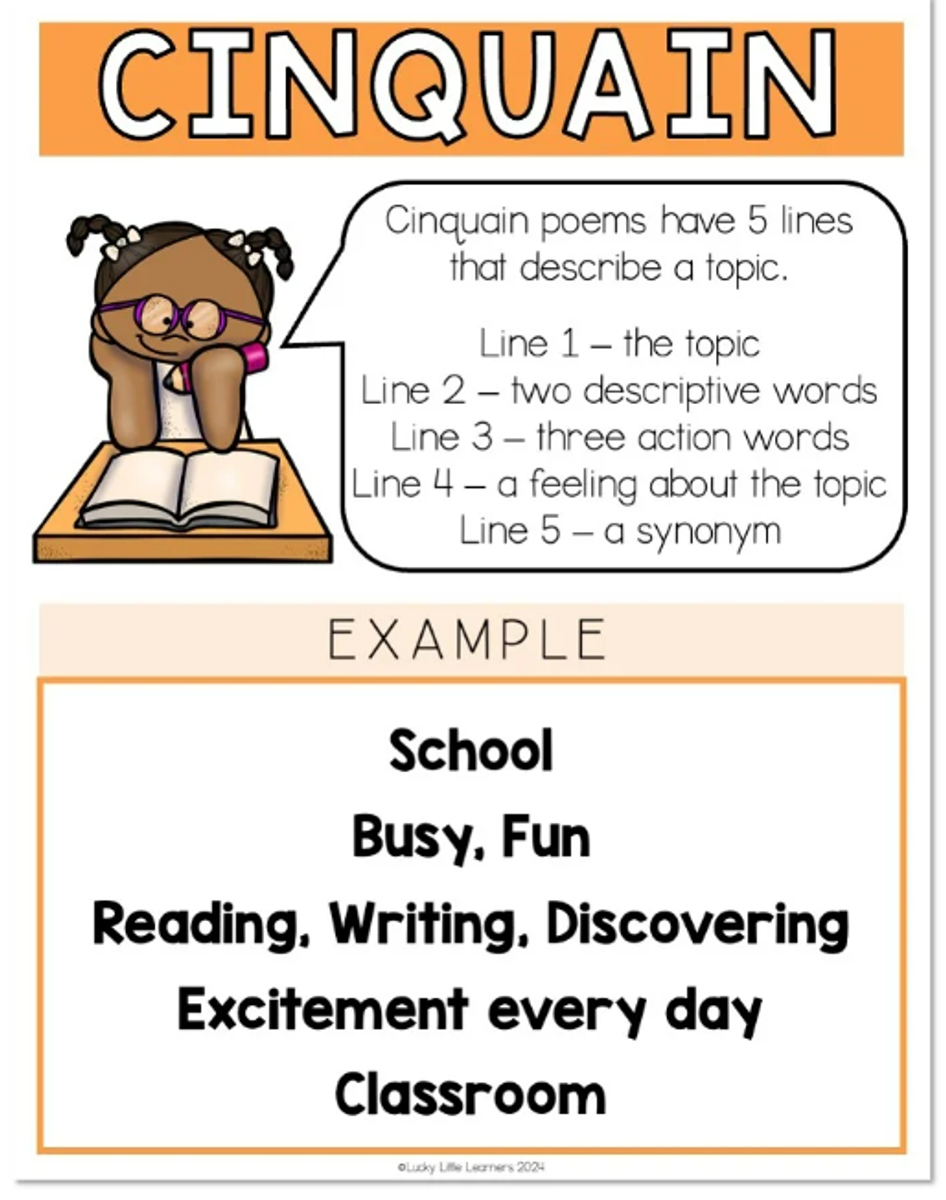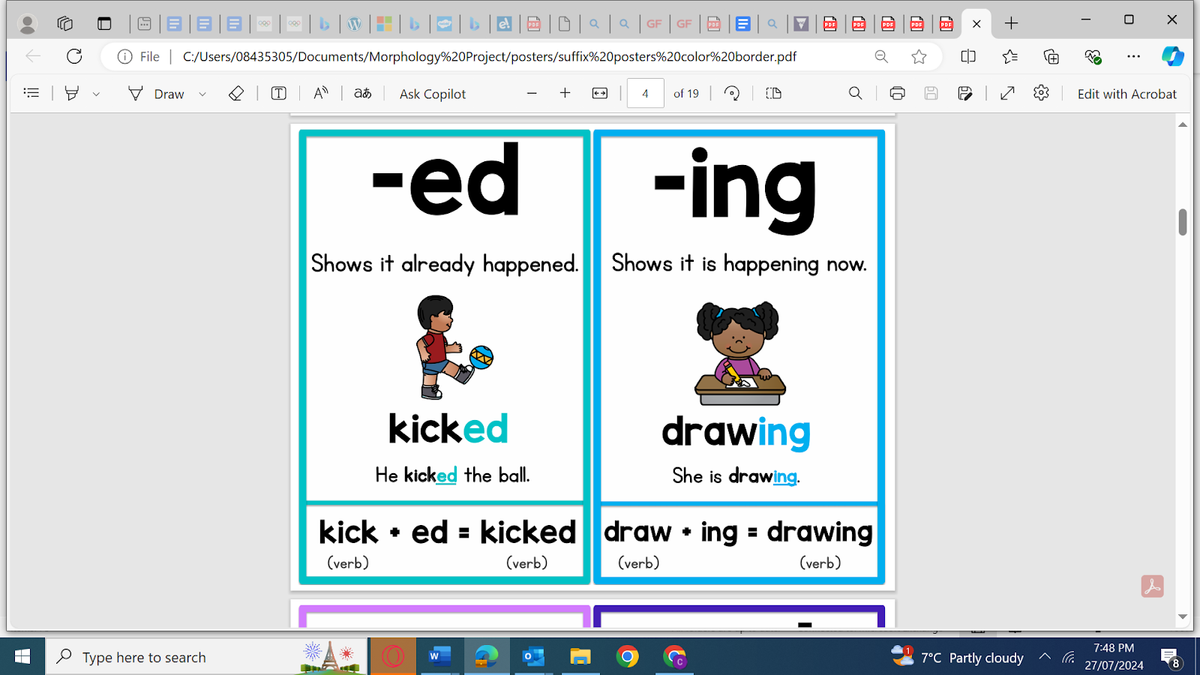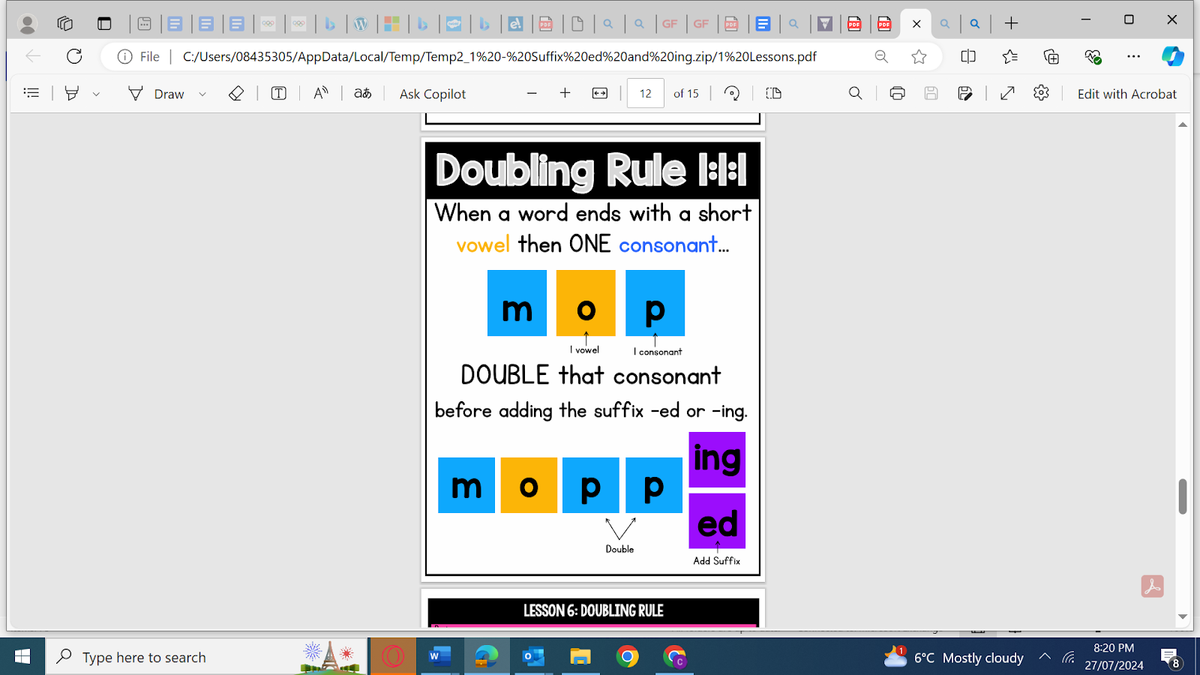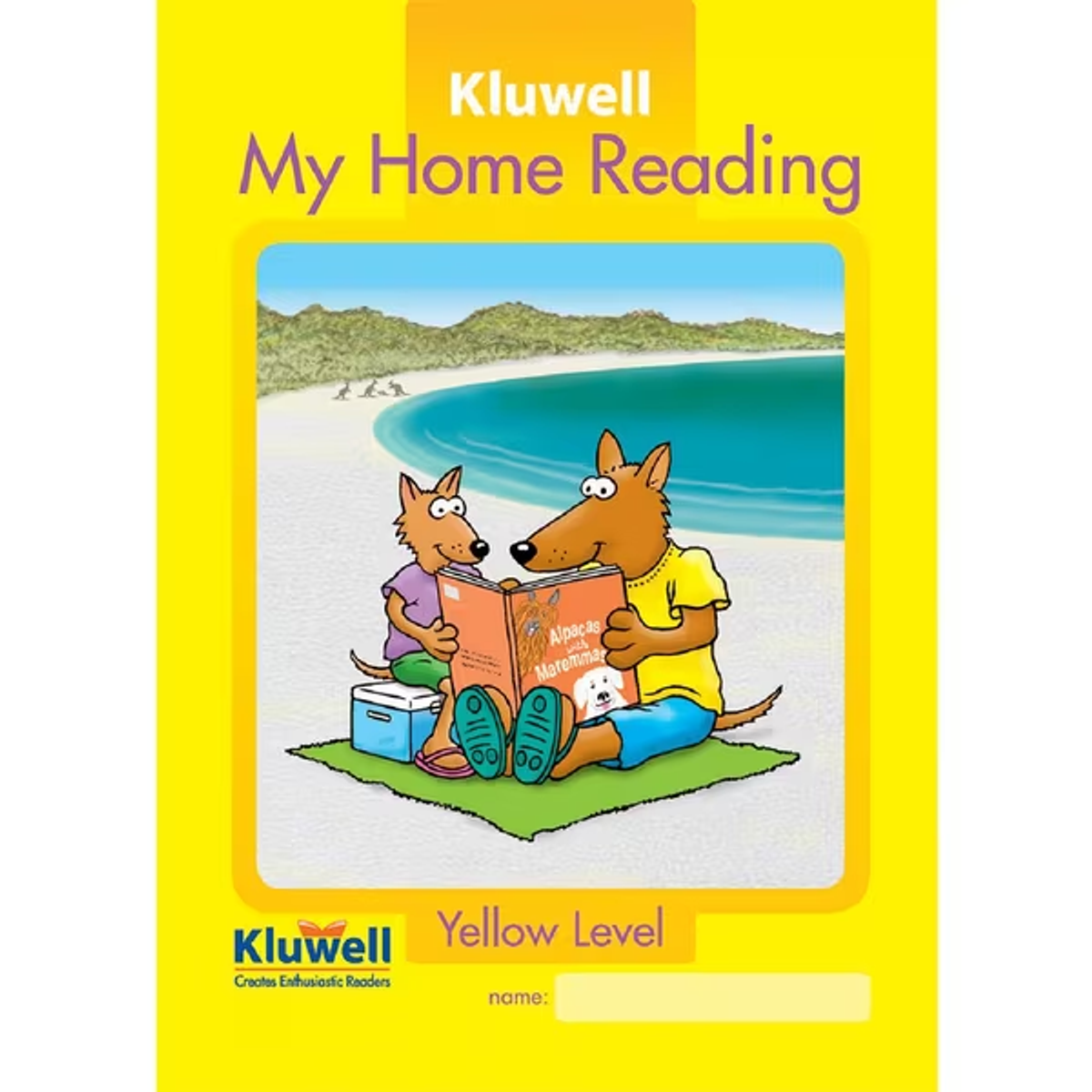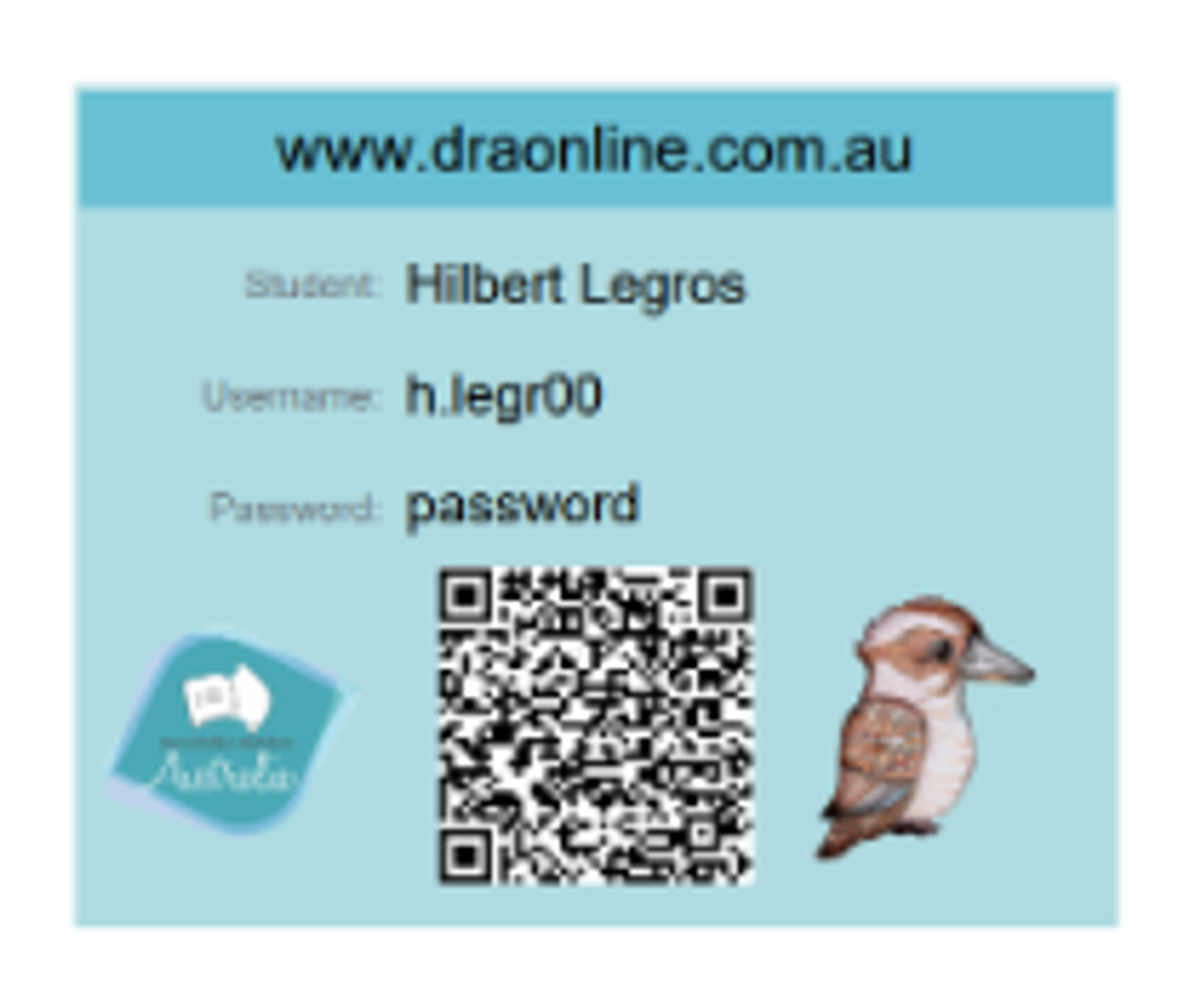Year 2
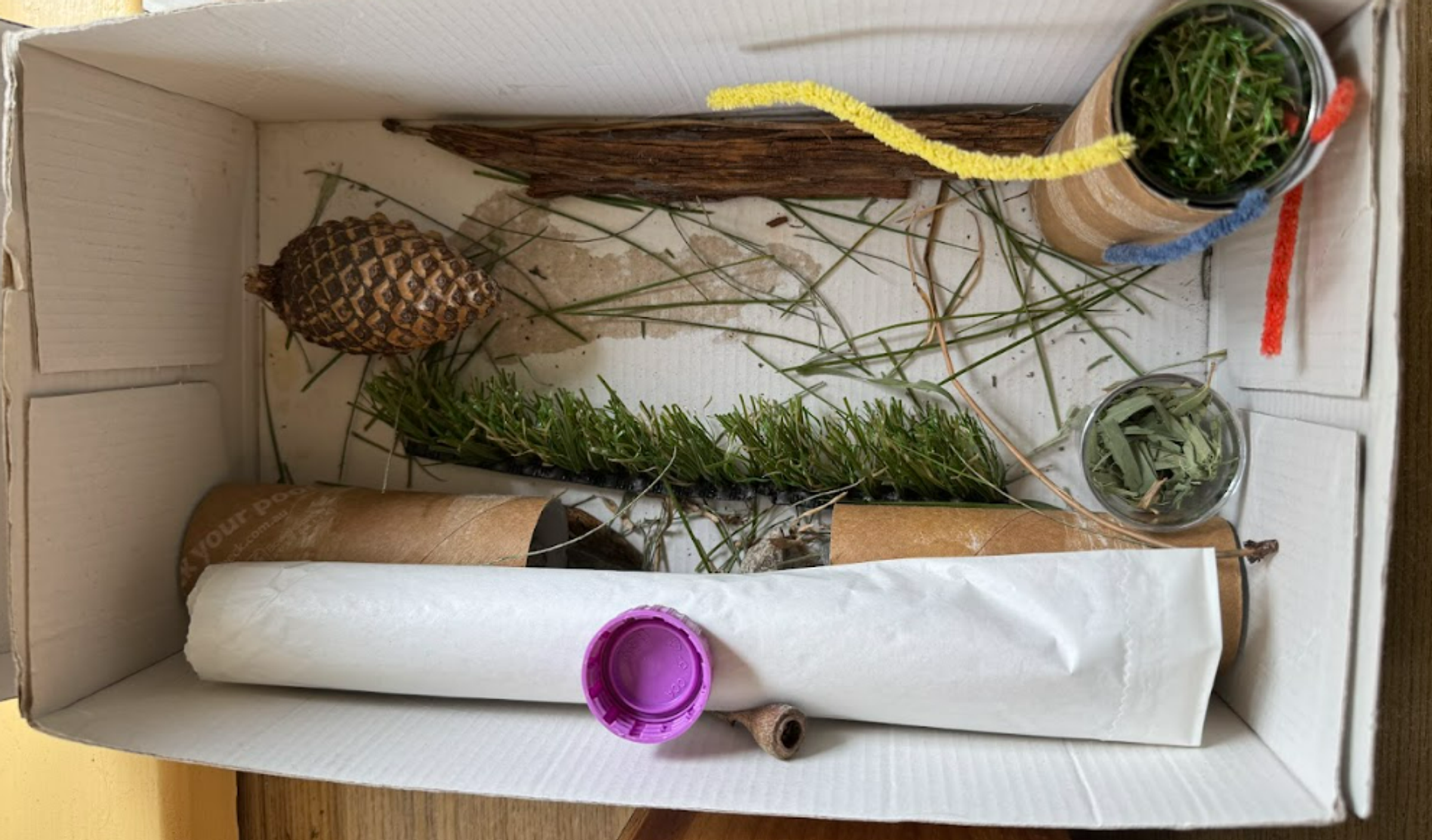
Dear Year 2 Families,
A look back at Term 2…
Reflections on Term 2
What a fantastic term we’ve had in Year 2 exploring the fascinating world of Minibeasts! As part of our Term 2 STEAM unit, students investigated what minibeasts are, their special features (like exoskeletons and shells), where they live, and what they need to survive.
To bring our learning to life, we went on a local walking excursion to observe minibeasts in their natural habitat, and we visited the Melbourne Museum to explore the Bugs Alive! exhibition and watch the Marvellous Minibeasts movie at IMAX. These experiences sparked curiosity and deepened our understanding of the tiny creatures all around us.
Using their knowledge and creativity, students then designed and built their own “Minibeast Motels” – special shelters to support minibeasts in a safe and welcoming environment. These will be proudly displayed at our STEAM Expo on Wednesday 2nd July, and we warmly invite you to come along and celebrate their amazing work.
We’re so proud of the curiosity, teamwork and enthusiasm our students have shown throughout this unit!
Looking Ahead to Term 3
As we head into Term 3, there's plenty of exciting learning in store! Our Inquiry unit, Tell Me a Story, will focus on traditional tales such as folktales, fairy tales, fables and Dreamtime stories that have been passed down through generations. Students will explore the purpose and meaning of these stories, delving into their messages, morals and cultural significance.
Reading
Reading sessions will feature stories from a range of cultures, including First Nations Dreamtime stories. Students will compare and contrast the structures and themes of these narratives while developing their comprehension skills. Using high-quality mentor texts, they will investigate key narrative elements such as character, setting, plot, complication and resolution. Students will be encouraged to use these elements in their own narrative writing.
Families are invited to share and enjoy similar stories at home to help reinforce classroom learning.
Writing
In Writing, we will be delving into the wonderful world of poetry. Students will explore a variety of poetic forms, including couplet poems, haiku, and cinquain, learning how each style uses structure and word choice to create impact. They will discover how poets use language creatively to express emotions, paint vivid pictures and share ideas in powerful ways. As students read and write different types of poems, they will begin to understand how thoughtful word choices can make writing more meaningful and engaging.
Maths
Multiplication & Division:
In Maths, students will be looking at multiplication and division. At this age, rather than times tables, we solve simple multiplication or sharing problems using skip counting, ‘groups of’ and arrays.
In the kitchen classroom, we had 5 trays of biscuits with 4 biscuits on each tray. How many biscuits are there in total?
Using multiplicative thinking, students may skip count by 2’s or 4’s, or write a number sentences like
4 + 4 + 4 + 4 + 4 = 20 or 5 groups of 4 is 20. We will also build and draw an array to match.
When using arrays, students use their subitising skills (the ability to recognise numbers by their dot arrangement) to solve problems quicker. Playing dice games at home will help your child build speed.
Skip counting skills are vital for solving real life multiplication problems. Practising counting by 2’s, 4’s and recalling doubles facts can be practised at home, adding skip counting by 3’s as their confidence increases.
Division:
Solving division problems will also be a focus this term. Students will use concrete materials to group items or share items in order to solve real world problems.
Grouping problem:
There are 16 tyres at the mechanics. How many cars can have all their tyres changed?
Sharing problem:
In the kitchen classroom, we baked 24 biscuits and shared them between the 3 Year 2 grades. How many biscuits did each class get?
MSL
In Term 3, our MSL (Multisensory Structured Language) sessions will focus on building morphological awareness. Students will learn how words are made up of meaningful parts called morphemes. Understanding how words can be built up or broken apart helps students see how meaning changes. This is an important skill that supports phonics in both reading and spelling, as well as vocabulary and comprehension development.
We will also explore a variety of suffixes, which are groups of letters added to the end of base words to slightly change their meaning or function. As students become more confident using suffixes, they will also be introduced to important spelling rules that guide how suffixes are added to words.
Ask your child to explain the doubling rule, also known as the 1:1:1 rule. If a word has one syllable, one short vowel, and ends in one consonant, the final consonant is doubled before adding a vowel suffix such as ed or ing (for example, hop becomes hopped).
Respectful Relationships Program
In Year 2, students participate in the Respectful Relationships program, a key part of the Victorian Curriculum designed to help children develop essential social and emotional skills. This program focuses on building empathy, understanding emotions, fostering friendships, and encouraging positive communication. Through engaging activities and discussions, students learn to appreciate diversity and treat others with kindness and respect.
Homework
Children are encouraged to read their take-home books each night and maintain a regular reading routine to help develop fluent, independent reading skills. These books are intentionally chosen to be easy to read, allowing children to focus on building fluency, expression and confidence. Asking your child questions about what they have read is a great way to support their comprehension and deepen their understanding. We hope this daily reading routine becomes an enjoyable part of your family’s day and helps nurture a shared love of reading.
The My Home Reading Book will continue to be used to track your child’s nightly reading (approximately 10 minutes). Please record the book title and your initials each time they read. Books should be returned to school each Monday so that new titles can be selected for the week ahead.
Students also have access to Decodable Readers Online. Their login details are pasted in the Yellow Book. If you do not have login details please contact your teacher.
Upcoming Events
- Dreamtime Stories Incursion
- Drama Toolbox Incursion
- Book Week Celebrations
- Swimming
The Year 2 Team
Andy Culvenor (2A), Kerrie Gentner (2B), Rebecca Taylor and Carly Toister (2C)
